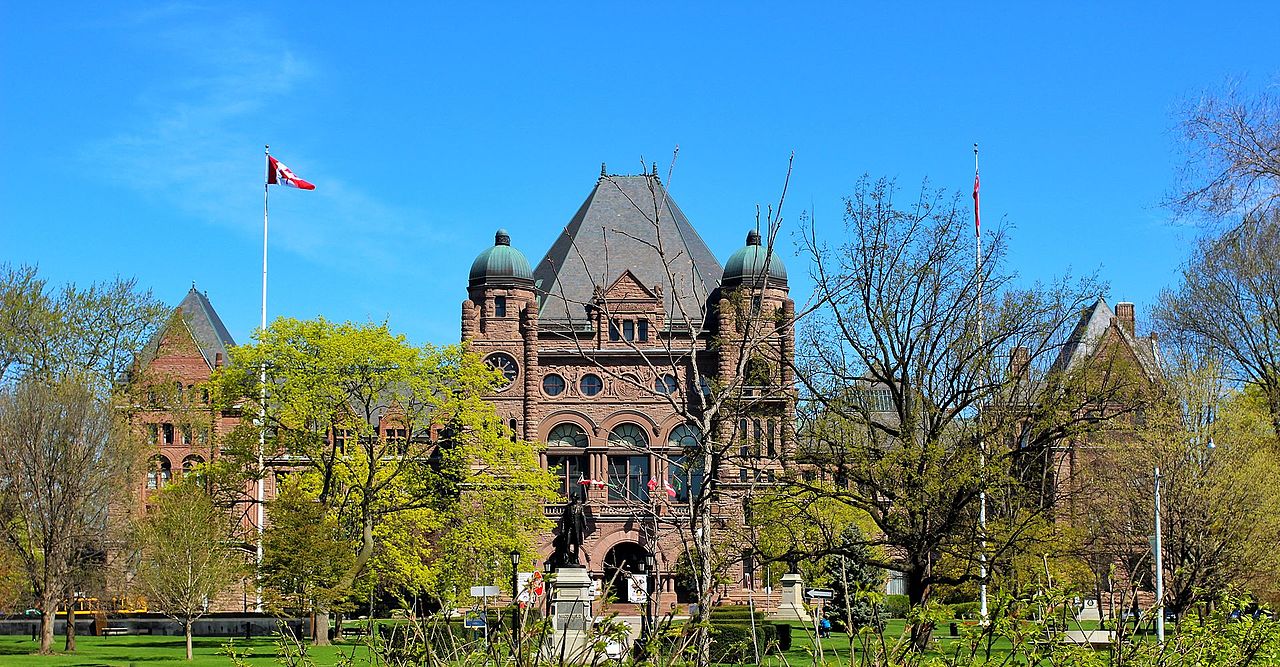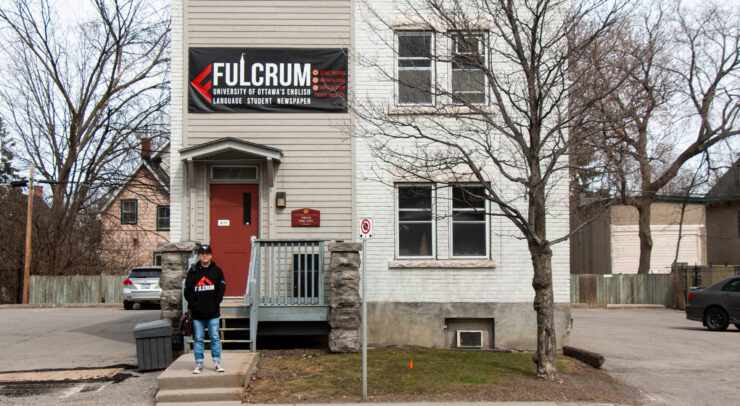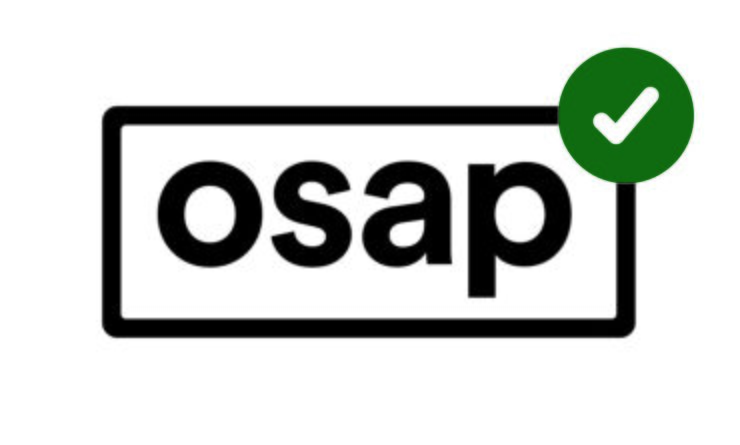Appeal to take place on March 23 and 24
The Ontario provincial government’s attempt to appeal the court decision concerning the Student Choice Initiative (SCI) will go forward over a year after it was struck down in Ontario’s Divisional Court.
On March 23 and 24, the Ontario Ministry of Colleges and Universities (MCU) will be appealing the former decision in an attempt to bring back the SCI to Ontario post-secondary institutions.
In October of 2019, the Canadian Federation of Students Ontario challenged the SCI in Ontario’s Divisional Court and on Nov. 29, 2019, the SCI was struck down making student fees mandatory again for the winter 2020 semester.
“The appellant, Ontario, has been granted leave to appeal that decision,” wrote Judge Michal Fairburn in the appeal motion.
The University of Ottawa, along with several other interveners, are participating in the appeal.
The U of O explained it is intervening as a “friend of the court” to offer insight on the SCI’s impact and not taking a position on the SCI.
“The Court of Appeal has granted universities, including uOttawa, an intervener status, so as friend of the Court our interest is in issues related to universities’ autonomy, not about the core matter per se,” wrote Isabelle Mailloux-Pulkinghorn, the U of O’s manager of media relations in an email to the Fulcrum.
“As such, and as section 13 (ii) of the court document … states: ‘ii. The Universities can provide insight into the relationship between institutional autonomy, government accountability and academic freedom within the specific legislative context at issue on appeal.’ ”
“The University is not taking any position in this matter involving the provincial government and student unions,” reiterated Mailloux-Pulkinghorn.
The other interveners are: B’nai Brith of Canada League for Human Rights; University of Toronto Graduate Students’ Union; Start Proud and Guelph Queer Equality (known in the appeal collectively as the “LGBTQ+ Coalition”); Queen’s University, the Governing Council of the University of Toronto, the University of Waterloo, and the University of Western Ontario (known collectively as the “Universities”).
They are also joined by the Association for Canadian Clinical Legal Education and the Canadian Journalists for Free Expression, the Centre for Free Expression, the Canadian Association of Journalists, PEN Canada, World Press Freedom Canada, and the Canadian Association of University Teachers (known collectively as the “Coalition”).
According to the original CanLII release from December which explains the appeal information, the Division Court’s decision to strike down the SCI in November of 2019 was because it was “inconsistent.”
“At its core, the [SCI] allows students to opt-out of many fees relating to student associations, products and special services,” wrote Judge Fairburn in the appeal motion.
“The respondents on appeal brought an application for judicial review to the Divisional Court seeking to quash the directives underlying the Initiative.”
“The Court granted the application and quashed the directives on the basis that they are inconsistent with the statutory scheme respecting the governance of universities and colleges.”
In response to the appeal, University of Ottawa Students’ Union president Babacar Faye hopes this decision will be upheld.
“We stand behind the first Division Court’s decision and hope to see the appeal uphold the autonomy of student unions regarding their fees,” said Faye to the Fulcrum.
The controversial SCI policy allowed students to opt-out of some previously mandatory auxiliary fees. These include fees for student services offered by the UOSU to such as the Pride Centre, Womxn Resource’s Centre and food bank. Fees for student media were also affected by the SCI, as part of the initiative fees for CHUO, La Rotonde and the Fulcrum would be made optional to students.
Even while only in place for a single semester, the initiative left a long-term financial impact on many of these services.





